What Do I Need To Start Running?
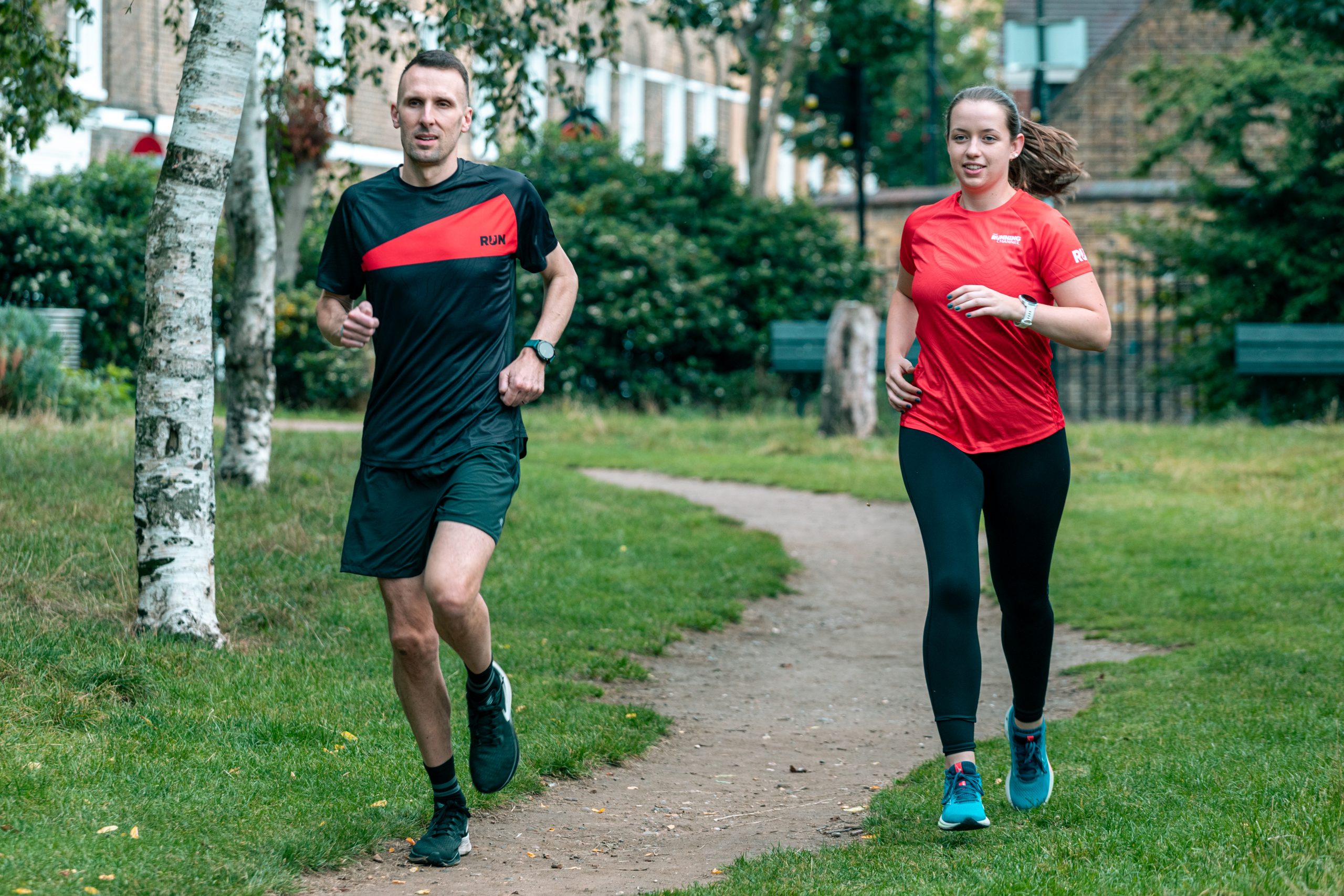

Every year, we hear from more and more people who have decided to take up running as a New Years Resolution and it’s around now, 6 weeks into the year, that we hear from more people telling us “Yes, running is for me. I’m ready to invest, what do I need?!” So we thought it would a good idea to put together this list of essential items that every runner should have.
We know all you really NEED to go out running is a decent pair of trainers but we’re going to be looking at the rest of the gear you might WANT to consider wearing whilst out running and why – whether it’s comfort, convenience, safety or performance.
Underwear
What’s the first thing you put on in the morning? Yes, that’s right. We’re starting with underwear! You might not have considered buying specialist underwear for running, but there are great properties in sports underwear, such as antibacterial treatment and odour control to keep you feeling fresh.
A lot of sports-specialist underwear also has a special type of seam to give no visible pant line (VPL) – perfect for if you’re wearing lycra shorts or leggings as well as reducing the likelihood of chafing – which you definitely don’t want!
Specialist sports underwear is also made to withstand constant washing and so can put up with constant use and still last a long time.
Socks
Now onto running socks, which are important to get right if you want to avoid blisters!
Running-specific socks tend to be reasonably lightweight to let your feet breath and are made from materials to wick away sweat. Look for pairs without seams in the toe area, as this minimises the risk of blisters – often non-running socks have seams across the top of your toes.
Good pairs should also have reinforced heels to help with durability and protect the area that sees the most impact and friction and the low cut socks have a heel tab to help keep your socks in place so they don’t slip down into your shoe as you’re running.
You’ve got options with the length of sock you choose. The most popular tend to be short low cut ones, but there’s quarter cut and even longer ones which are favoured by trail runners to stop you getting muddy legs and keep your legs warmer if it’s cold.
Sports bras
So everything we’re covering in this articles applies to both men and women, with one exception – sports bras.
Ladies, if you’ve ever tried running in a regular bra, you’ll know why these are a vital piece of kit.
You can get lots of different types of sports bra, all varying in the intensity of support they give. Usually for running, it’s best to get a medium to high support bra as it is a more energetic activity than say, yoga, where there is less vigorous movement involved.
Finding the perfect fit of a sports bra is so important, with research showing that 80% of women are wearing the wrong-size bra!
When choosing yours, pay attention to the underband – you should only be able to fit the width of two fingers between the band and your skin – any more and the fit is too big.
Also not all high support bras have underwire, so think about this when selecting your bra. Oh, and don’t forget to do the bounce test before heading out on a run, just to check you’ve got enough support.
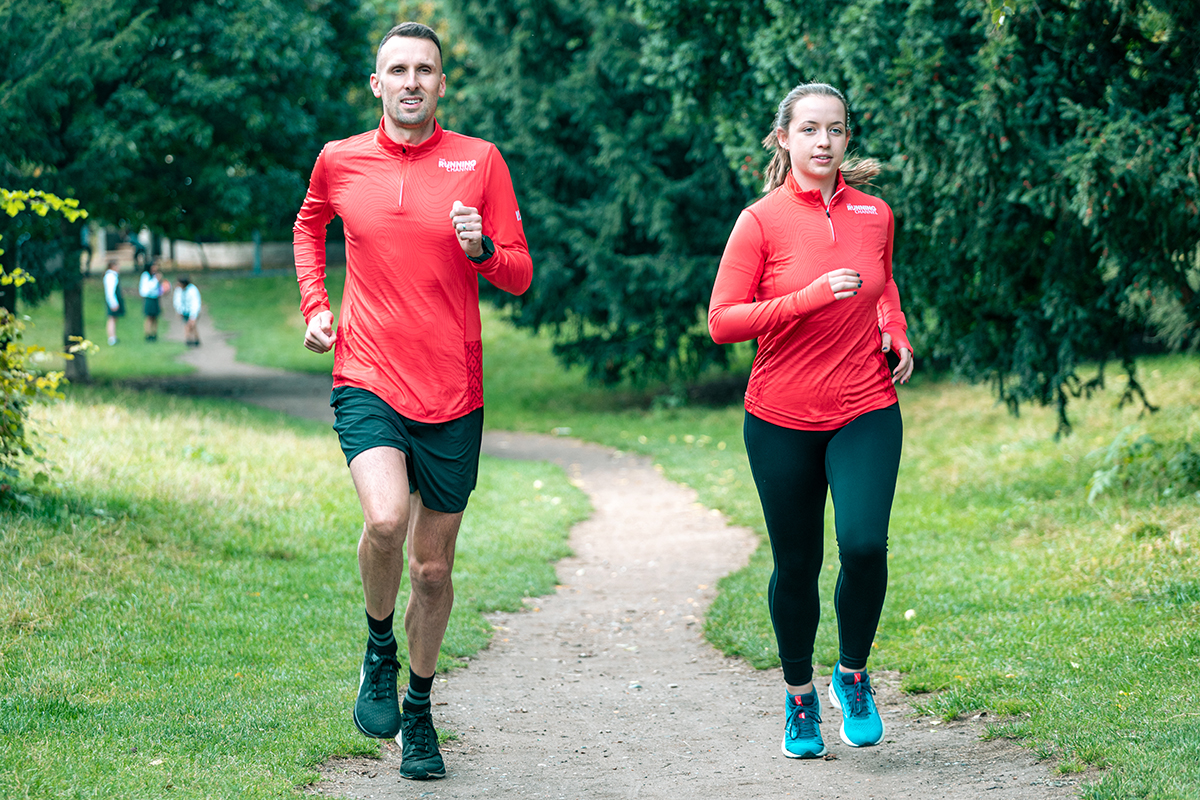
Tops
Tops next. You might currently be throwing on an old cotton T-Shirt and hitting the pavement, but there is a reason to buy specialist sports clothing.
A dedicated running top will be much lighter than a cotton tee – and whether you go long or short sleeve will depend on the temperature you are running in. Our top tip, always aim to dress as if it’s 10°C warmer outside than it actually is.
The key thing to look out for when choosing a running top is whether it is made from a sweat wicking material. This will help you to stay cool on your run and will make the top more breathable. Often tops have mesh sections on them too, either on the back or on side panels. Cotton tee shirts on the other hand, will absorb sweat or rain, and get heavier throughout a run!
Another factor to consider is whether you will be running at night, in which case you might want a top with reflective details so you can be seen.
You may also want to consider getting a running jacket for those cold, wet and windy miles.
A high-vis design with reflective details means you can be clearly seen in low light or at night, which is great for safety.
When you’re choosing a jacket look out for its waterproof and breathability rating as these can vary a lot depending on the conditions the jacket is made for. There’s no point wearing a jacket to protect you from the rain if you get too sweaty inside it!
Jackets often have a few pockets too, perfect for storing your phone, keys or wallet whilst running.
Shorts
Finding a great pair of shorts or leggings that you’ll be comfortable wearing on your run is key.
If you’re going for shorts, then there are loads of different lengths out there – so bear that in mind when choosing. This is a 5 inch short. For the men, you might want to look out for shorts with an inner mesh lining – whatever you’re most comfortable with.
The longer shorts can help avoid chafing on your inner thighs – something many runners experience. We would tend to favour something like the 6 inch liner shorts which have a second built-in cycle short which helps prevent them riding up as you run for added protection against chafing!
Check out whether they have pockets too – running tights now often come with back pockets and side pockets, perfect for storing your phone so it is easily accessible out on a run. And tights are a great option for men too, they’re much more comfortable to run in in cold conditions than a pair of sweatpants.
Accessories
Now that we are fully dressed, we consider what accessories we need. We just mentioned how you’d carry your phone – have a think about what you might want to carry on a run and where you’re going to be able to store it. You could consider investing in one of the many belt options available for putting your phone in, along with things like your keys. If you’re taking part in long distance and ultra distances, any belt you wear will need to carry gels, water and other ideas that are useful.
In fact, if you need some more advice, here’s a quick video Sarah did on what accessories she would take with her on an Ultra marathon.
Hats & Gloves
Running caps are useful in rain or shine – keeping the rain off your face or shielding your eyes from the sunshine.
The difference between a regular baseball cap and a running cap is the weight of them and the material they’re made out of. Look for something lightweight which will dry quickly if it gets sweaty – or wet from the rain.
As an added bonus, they can also help keep you cool when it’s hot, dunk them in cold water before heading out, or find a water fountain en route and do the same there.
Something else you might want to consider if it’s going to be cold when you run is a pair of gloves. Some runners may find that their extremities are particularly affected by cold weather. Raynaud’s syndrome is something that’s really common and affects your circulation. It causes some areas of your body, like your fingers and toes, to change colour when you’re cold.
Think about a pair of gloves that will be warm enough for you – but also lightweight enough to be able to bung in a pocket or running belt if you do warm up on your run. These ones even let you use your phone with them because of the fingerprint technology.
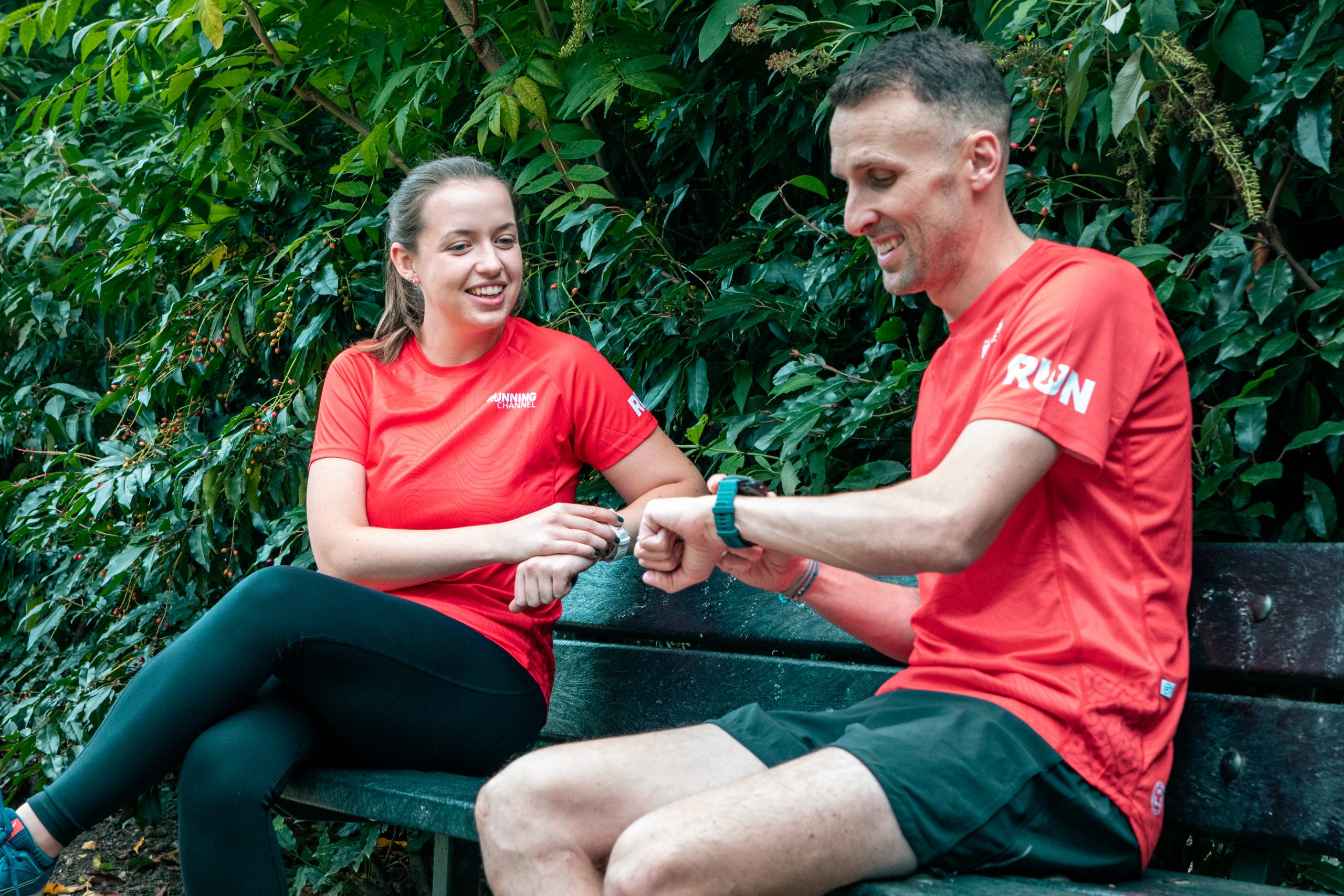
Tech
You won’t need us to tell you about the vast array of running tech there is available on the market. We regularly review the latest tech releases so make sure to subscribe to our channel so that you don’t miss out. For most people, tracking your running progress on your phone is easy but if you are prepared to step up to getting a watch, the benefits of having a sports watch are that you can see a load of data at a glance, rather than having to get your phone out.
GPS tracking means the watch can track where you run and provides accurate stats, including: distance, pace and intervals. It also comes with a wrist-based heart rate monitor. So if you’re looking at levelling up your running by seeing more data – and maybe you want to run without your phone entirely – then a running watch like this one’s a great place to start.
If you’d like to learn more about the topics we’ve covered here, and more, you can check out the accompanying video we made that covered pretty much everything you’ve just read.
If you’re interested in finding out more, or have any questions about the kit you are looking for, you can always drop us a line at community@therunningchannel.com and we’ll be more than happy to give you our best advice.
Happy running!



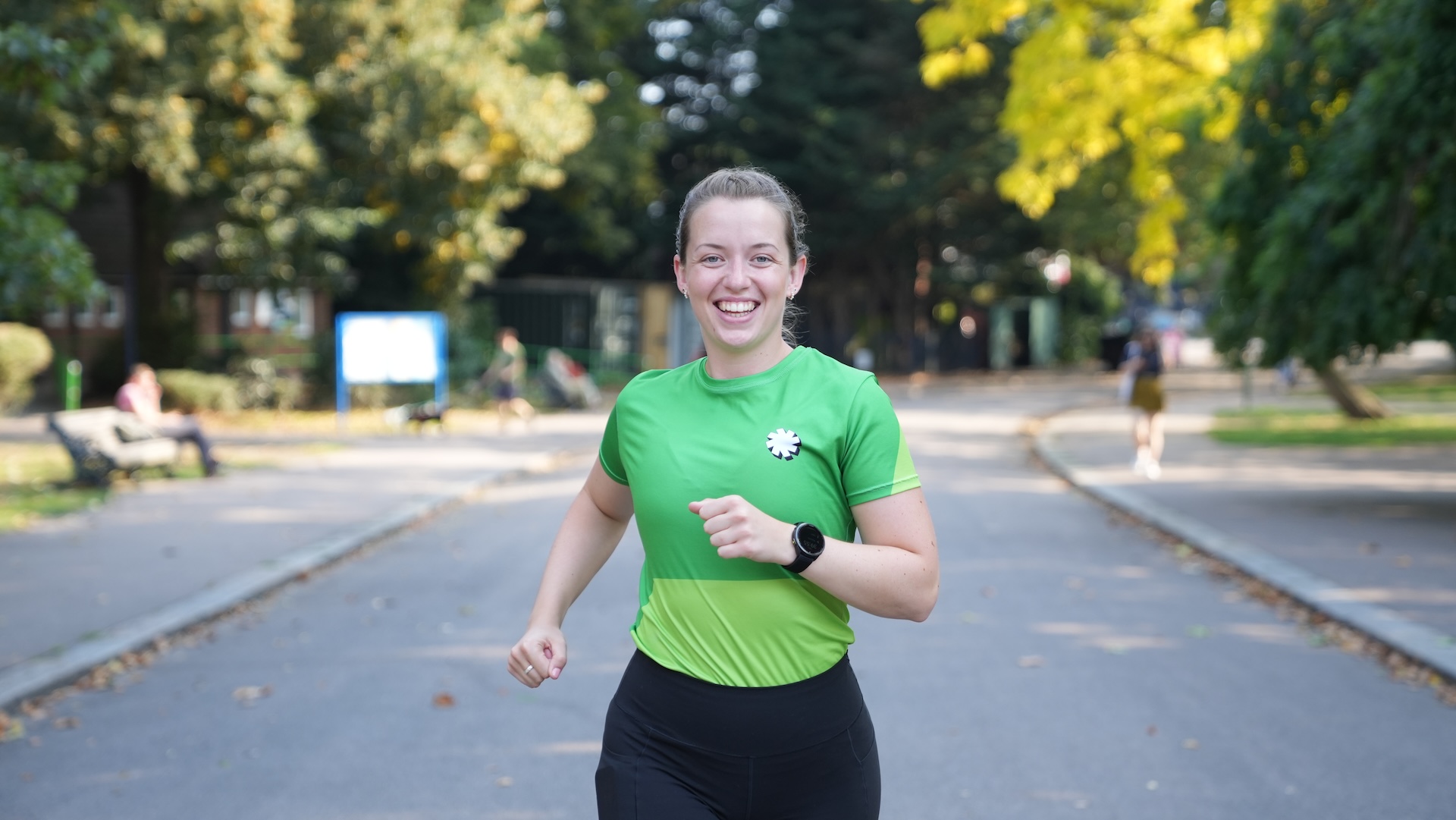

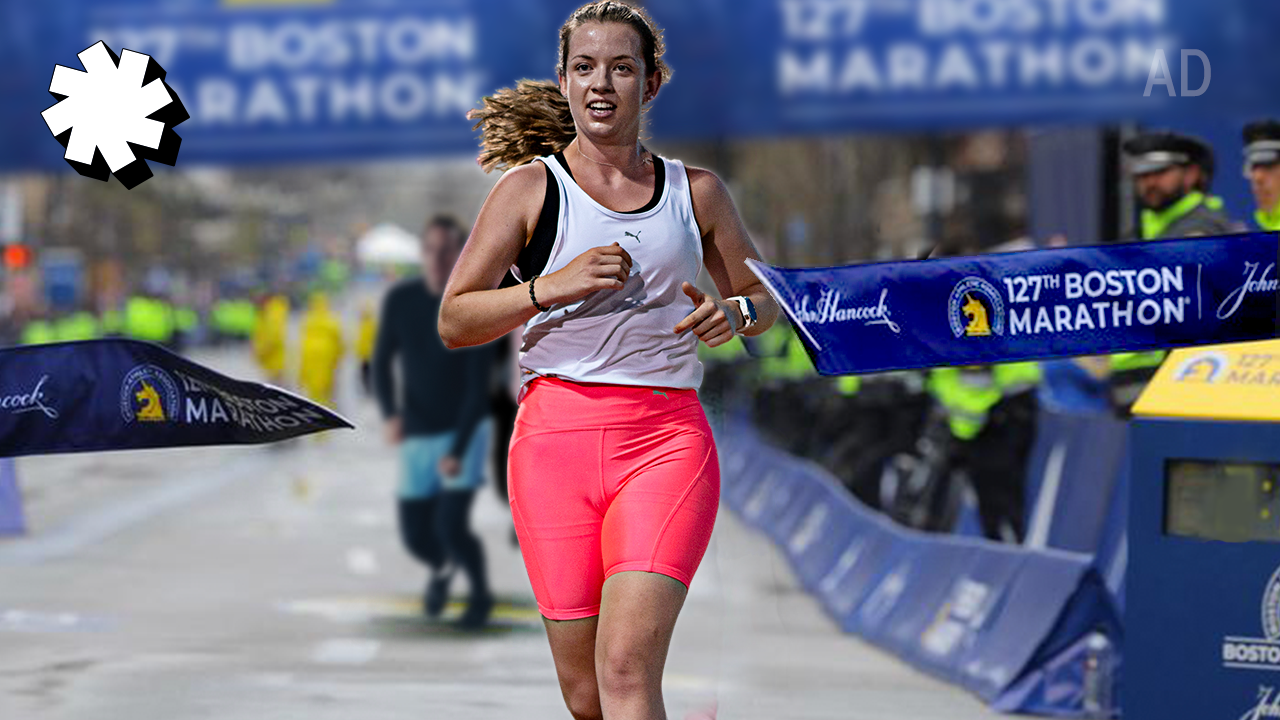
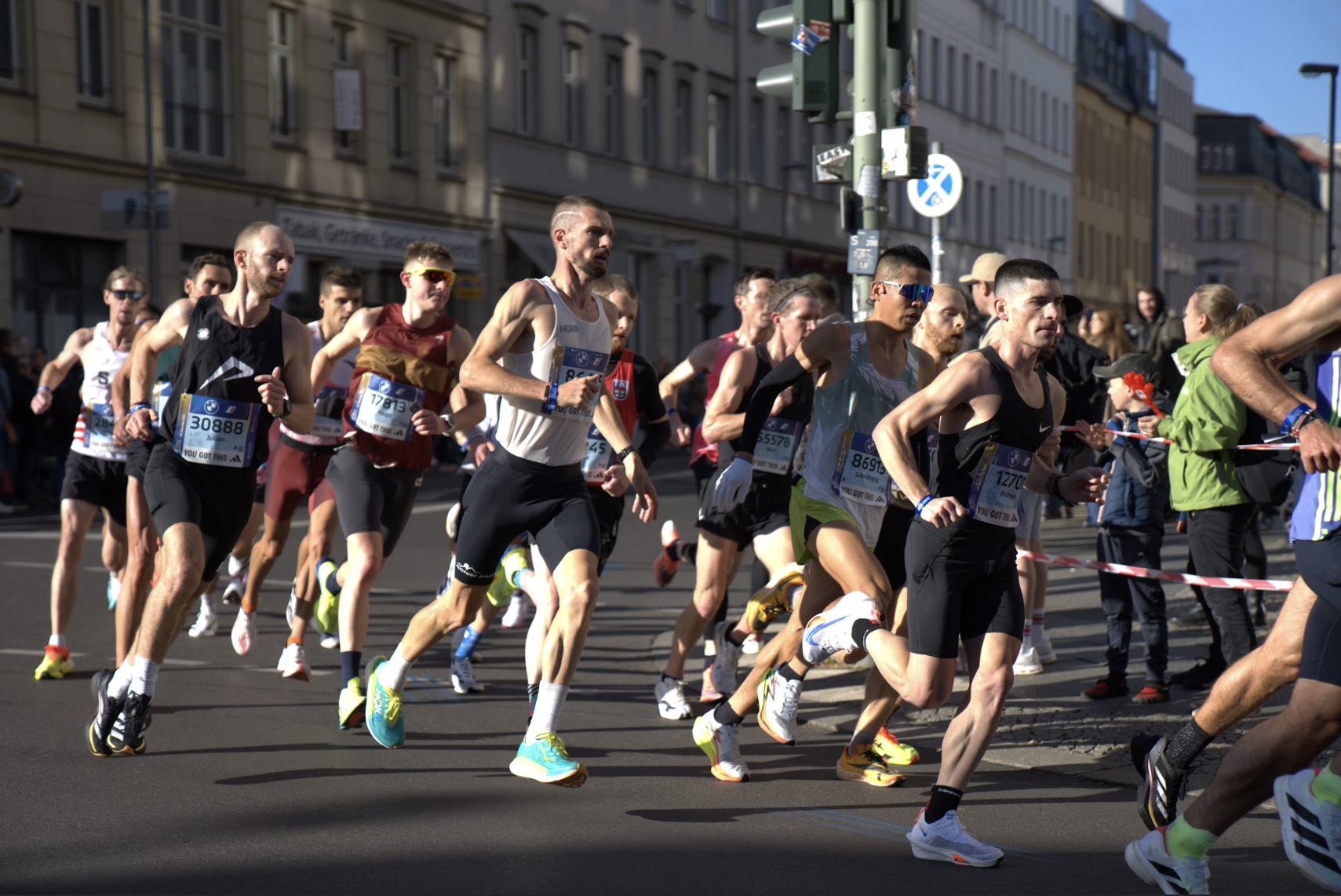



















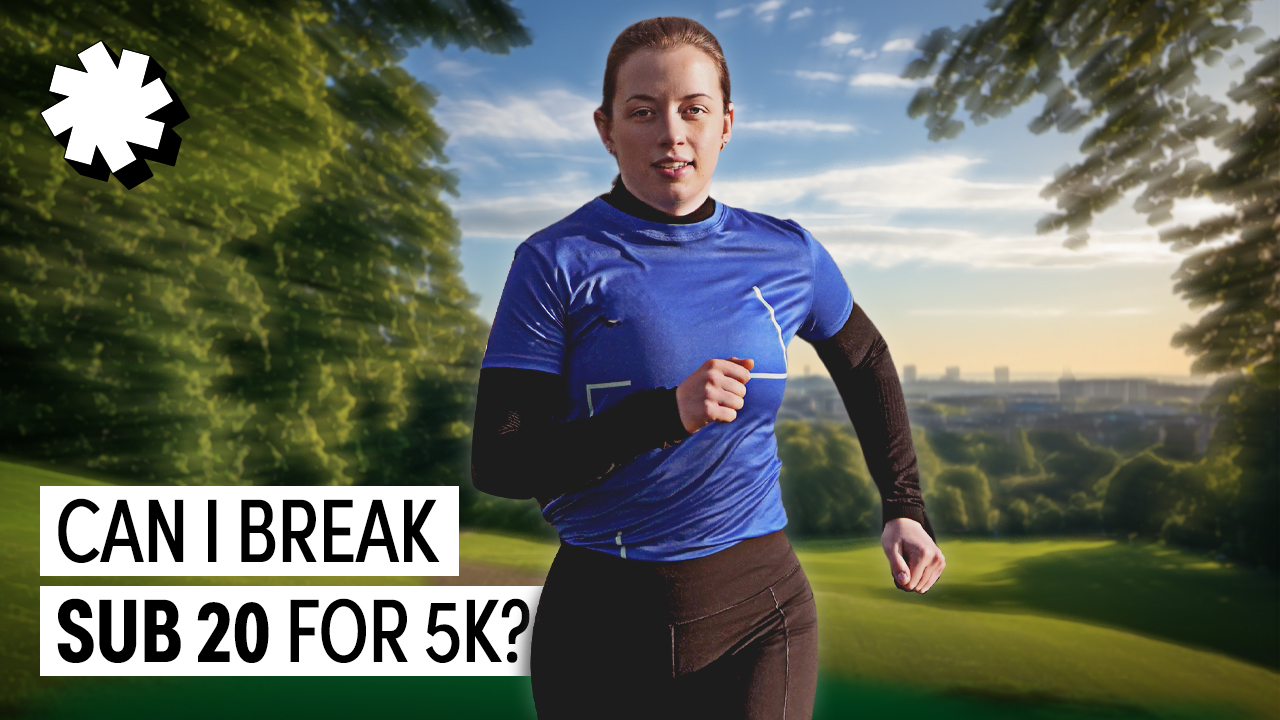

Running News
Ingebrigtsen Stars at World Athletics Indoor Championships 2025 – Plus All The Winners!
Sam Ruthe Is First 15-Year-Old To Run A Four-Minute Mile!
Eliud Kipchoge Will Run The 2025 Sydney Marathon!